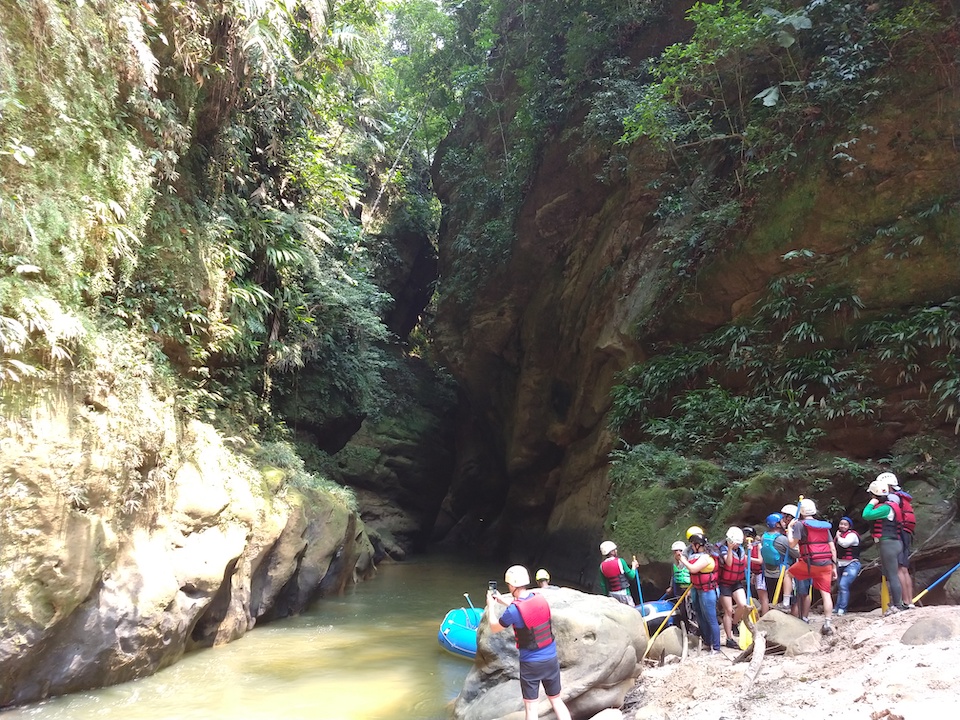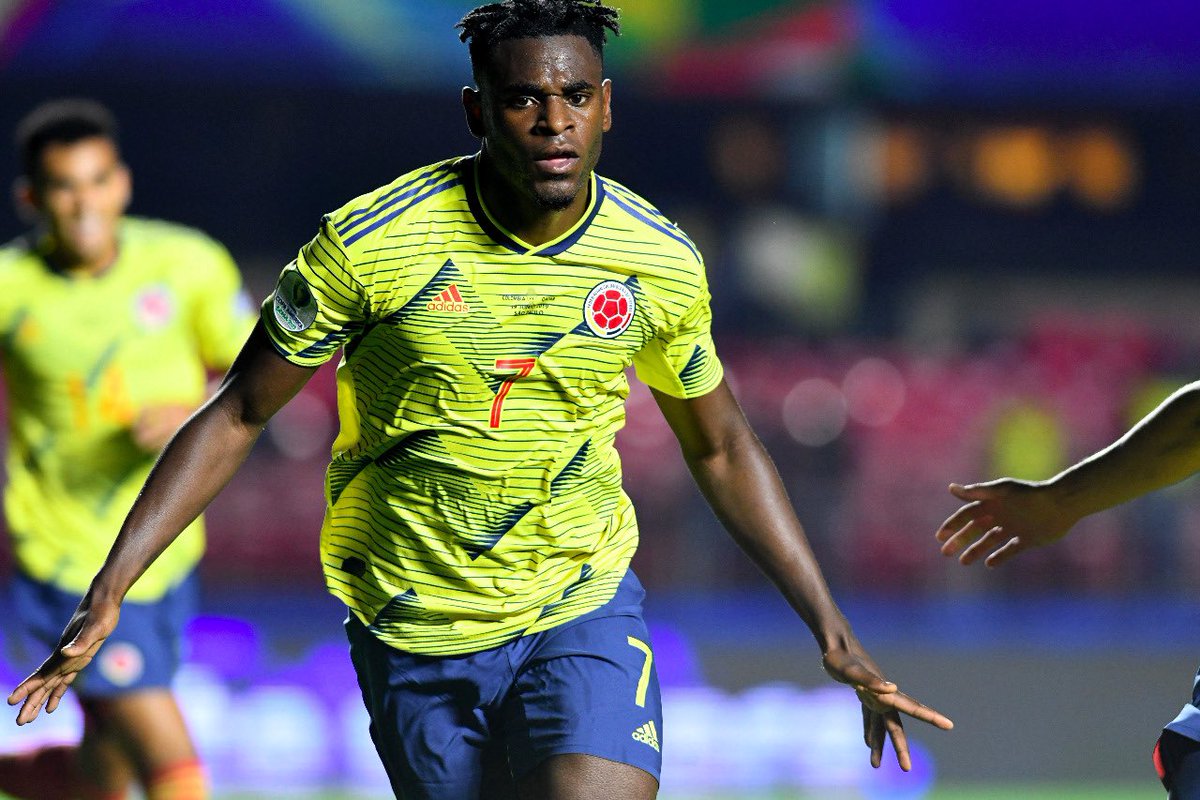
Estefanía Ramírez breaking away with the ball for the Colombian rugby team. Photo: Estefanía Ramírez
So impressive has been the progress of rugby in Colombia that the sport’s international governing body is using the country as a case study of how the game can grow beyond its traditional strongholds. With Colombian rugby enjoying its finest hour yet after the women team’s Olympic qualification, popularity is set to grow even further. Alexander James takes a look…
For many years rugby union has been something of a fringe sport internationally, with only eight countries truly competing for global hegemony. Even the advent of the professional era in 1996 did not broaden the game’s reach in a major way.
Yet the inclusion of Rugby Sevens (a truncated version of the traditional 15-a-side game) in next year’s Olympic Games in Rio de Janeiro has given the sport a shot in the arm and exposure in regions once thought impossible to breach.
Among the countries suddenly flung onto the rugby radar is Colombia, thanks to the women’s national sevens team defeating a fancied Argentina to qualify for the 2016 Rio Olympics. The túcanes, as Colombia’s rugby teams are known, will now be able to strut their stuff in front of a global audience.
This is some achievement for a team that has only been playing competitively for around ten years, has a very small support base and at times has had very little in the way of financial backing.
Estefanía Ramríez, one of 20 ladies vying for 12 spots on the plane to Rio next year, says that since qualification in June, the team has found renewed interest in the sport.
“Rugby’s profile in the media and for the National Olympic Committee is now much higher” says Ramírez, a 23 year old who plays fly half or wing. “Qualification should serve to leverage the development of the sport here and get more people playing.”
Although many observers may have taken for granted that Argentina would win the final, Colombia’s victory was not such a shock for the team itself.
“We won gold at the Bolivarian Games in 2013, so had earlier success, and Olympic qualification has always been the aim,” says Ramírez. “We have been very disciplined and significantly upped our training regime to include gym work four times a week and 20 hours of training per week.”
Although from the outside, expectations of Colombian success may not be high, Ramirez says that the team has an informal target of making the quarter-finals and that they are looking to test themselves as often as possible against international opposition in the run-up to the games.
Indeed, Ramirez spoke to the Bogotá Post from Uruguay, where she was part of the team aiming to win the Valentín Martínez tournament, a South American regional tournament. Next month the team will be competing in Dubai.
Ramírez was also part of the squad that travelled to Ireland to attempt to qualify for the World Series Rugby Sevens Circuit. Although the túcanes did not make it on this occasion, suffering comprehensive defeats to China and Holland, they did beat Samoa and played against opposition from Europe, Africa, Asia and Oceania for the first time.
“Even when we lose by heavy margins, these games help us understand the level we are at and help us improve”, says Ramírez.
Olympic qualification paves the way for further development as the Colombian federation takes advantage of the many programmes afforded them by World Rugby (formerly the IRB).
World Rugby’s Regional Manager for South America, Santiago Ramello, says the Colombian story is a good example of how a country can organise itself and improve its global standing with the help of international bodies.
“Particularly in Medellín, the Colombian Federation has been increasing the number of girls and boys playing recreationally as well as setting up structures to form domestic competitions so that those individuals who perform well can be identified for national selection.”
“The speed at which this has happened has surprised everyone and now Colombia will be represented in a team sport at an Olympic Games for the first time outside of football.”
World Rugby is now using Colombia as a case study in order to grow the game globally. Particular focus is being paid to improving the skills of the various administrations, helping to create a unique but formidable business strategy and assisting teams and individuals with subsidies so that they can play the game without financial concern.
Rugby Sevens at the games of the 31st Olympiad will be a hotly contested affair with the traditional heavyweights likely to be on the podium come the end of the competition. However, even qualifying for the games represents an incredible achievement by Colombian rugby, as it lays a platform for future teams to build on in a sport that is increasing its popularity worldwide.
As Ramírez concludes, “the long term aim is to leave a legacy that will let the sport grow in Colombia”.
By Alexander James





